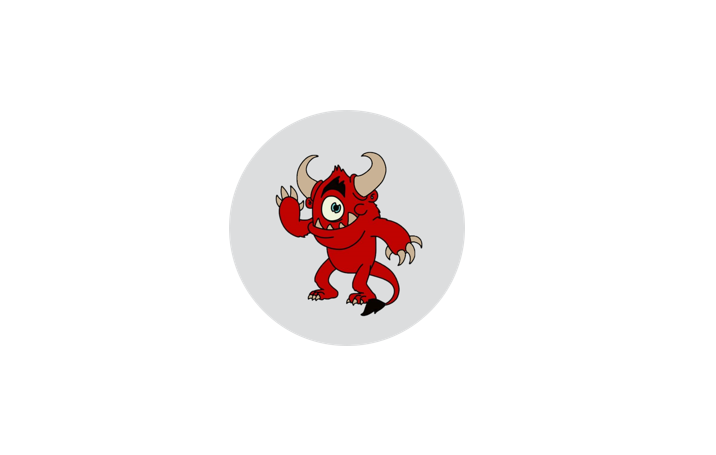Computer Viruses and Malware are Waiting to Pounce on Unsuspecting Victims
“I was working in the lab, late one night” is certainly not what you would expect to be the opening lyrics to a hit song. However, in the fall of 1962, those opening lyrics and more were the rage all over the U.S. as 1‑Hit Wonder, Bobby (Boris) Pickett sang “The Monster Mash.” Pickett, auditioned for acting jobs by day and sang with a band called The Cordials. One night he did a parody of a current hit song in the voice of Boris Karloff and the audience responded very favorably. That encouraged Pickett and friend Lenny Capizzi to do more with the idea which led to “The Monster Mash.” The musicians in this recording were called “The Crypt-Kickers” and included Grammy award winner Leon Russell. And one of the background singers on the track is Darlene Love, famous for the holiday hit, “Christmas (Baby Please Come Home).”
Computer viruses and malware are a bit like monsters that lie in wait in the digital world, waiting to pounce on unsuspecting victims. Sometimes they attack a computer with brute force and sometimes they are allowed in unbeknownst to the PC user/victim. Like these demons, they come in many different forms and can cause all sorts of damage. Some viruses are like vampires, sucking the life out of your computer by slowing it down or deleting important files. Others are like zombies, infecting your computer and turning it into a mindless drone that can be controlled by hackers. Malware can also be like werewolves, changing its form to evade detection by antivirus software.
Most Common Computer Viruses and Malware
The most common computer viruses and malware include the following:
- Boot Sector viruses are difficult to remove and attack the master boot record, usually spread by USB devices and emails.
- Polymorphic viruses are hard to detect and morph every time they replicate making removal arduous.
- Cavity viruses attack empty space within codes, not damaging the code, thus are frequently unnoticed.
- Resident viruses attached to the computer memory can be removed in part, but not totally if hidden in seldom-used applications.
- Trojan horse viruses are masked as legitimate programs. Once installed they have total access.
- Worm viruses replicate quickly and can easily damage a computer and slow down a network.
- Macro viruses attack Microsoft Office documents and execute vicious code in your system.
- Botnets are malware used to control our computer remotely and send spam emails.
- Rootkit malware hides its presence and attempts to steal data.
- Spyware and Adware collect information about your web surfing without your knowledge, stealing information, tracking your habits, and displaying undesired content.
- Ransomware encrypts your files, damages your machine, and demands payment in exchange for providing a decryption key.
Just like how garlic repels vampires, there are ways to protect your computer from these digital monsters. Installing advanced antivirus endpoint detection and response software and keeping it up to date is like having a cross to ward off vampires or a silver bullet to kill werewolves. So is employing a Zero Trust strategy that allows only approved programs to run on a PC.
Reach out to us at IT Radix to keep your computer safe from the monsters that lurk in the digital world.
First published in our October 2024 IT Radix Resource newsletter


